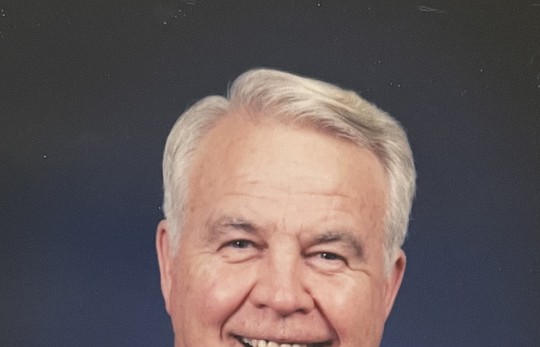March 5, 2021 at 12:32 p.m.
Seeds or people; the key is honoring transformation
In The Seed Keeper, due for general release by Milkweed Editions March 9, local author Diane Wilson has created her third installment on something she knows well; the loss-of-self endured over centuries by North America’s native people.
Wilson, a Shafer resident, first came to our attention through her novel Spirit Car, relating experiences researching her Dakota family whose roots were stunted by the isolation and manipulation of native people in the way of manifest destiny. Wilson learned of relatives raised in room and board schools, holding children removed from Dakota families. She followed up that book with a non fictional account in Beloved Child.
The Seed Keeper and its main characters carry-on with her optimism, assuring readers that lives can be transformed.
In telling these stories, Wilson’s contribution to community is more than commentary.
The act of writing gives shape to her life, she explained in a phone interview. Her other driving passion is native seeds and the cultivating and consuming of native foods. Wilson says the native seed keepers were maintaining a sacred relationship around which many relationships orbit.
She heard of the facts, behind The Seed Keeper novel, years ago when she was told a story about Dakota women who sewed seeds into their garments when all else from their villages and households had been seized or destroyed. The women made sure there’d be seeds to plant the next growing season.
A participant in the 2002 Commemorative March, honoring the Dakota people forced into a concentration camp at Fort Snelling, spoke with Wilson of seed keeper lore. Women, elders and children prisoners walked 150 miles in the aftermath of the War of 1862, and they protected their seeds, which is why there is Dakota corn varieties growing today, she said.
Enrolled on the Rosebud Reservation and a descendant of the Mdewakanton, Wilson got involved in “food keeping” decades ago and has she finds story telling and gardening to be her calling.
Her first book spoke to the damages that arose through assimilation.
Native American Indians separated from homeland and relatives, saw their culture fade away as even their foods were replaced; when Indian families were divided and ate the government commodities provided to foster homes.
It was a natural transition then, for Wilson to become involved in the Food Sovereignty Alliance where she is the national executive director currently.
The Alliance is educating native people about planting, growing, keeping seeds and preparing native American food.
Said Wilson, “One side of my mind is happy telling stories. The other side has to be doing...I love both...and in the non-profit I can be directly involved.”
Working with the non-profit Wilson is helping to reaffirm diet and traditional culinary culture that came close to being lost. She enjoys seeing the enlightenment in her people and non-native people embracing this now.
The goal for the Alliance is to get Dakota people back in touch with traditional nutrition, when Native Americans used whatever their local market made available— the berries and herbs gathered, wild game taken, the cultivated crops best suited to local conditions.
Wilson is one of the lucky ones.
“It’s not easy figuring out what your purpose is,” she acknowledges. When she grows her Dakota corn in her own garden she says she feels the love of ancestors as well as the responsibility to share the seeds and their stories.
Readers will recognize the names of certain Minnesota towns as locations for scenes in the book, but The Seed Keeper is not a historical treatise.
It is a cross generational tale of a group of Dakota women, and their searching (sometimes overlapping) for where they belong. It doesn’t tie everything up with a neat little bow but it does leave the reader hopeful and ideally wanting to learn more.
FYI... There will be a virtual event March 9 at 7 p.m. hosted by All My Relations Arts and Birchbark Books. You will enjoy a video by Missy Whiteman and readings from Teresa Peterson and Gabrielle Tateyuskanskan.
Go to zoom.us/webinar/register and find the event and sign up.
For purchase go to edelweiss.plus (booksellers) and search milkweed editions winter/spring catalog.




Comments:
Commenting has been disabled for this item.